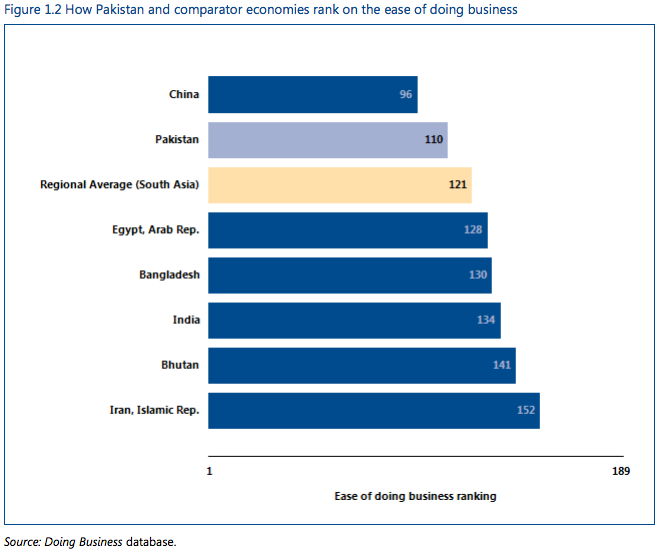Private Sector in Pakistan Keen on Exploring Partnerships with U.S. Companies.
“Private sector in Pakistan wants to establish business relationships with U.S. based companies”, this was the consensus at the 3rd roundtable on “Entrepreneurship and Private Sector Development in Pakistan”.
The roundtable was organized by the leading U.S. think tank based out of Washington D.C., the Center for Strategic and International Studies (CSIS) in collaboration with Mishal Pakistan, a leading research institution in the country working on economic research and media development. Stakeholders from business community, policy makers, entrepreneurs and media discussed the possibilities to build linkages between Pakistani and U.S. entrepreneurs.
Sadika Hameed, expert, renowned economist and fellow at the Center for Strategic and International Studies (CSIS) said, “Pakistan has immense potential in certain sectors such as agribusiness, dairy, FMCGs and information communication technology (ICT) which are widely recognized as lucrative industries with great potential for U.S. entrepreneurs. Additionally there are untapped opportunities particularly in regard to research, data & knowledge-based technologies that the United States is well positioned to capitalize on”. Pakistan would especially welcome investments in human resource development, that will also further U.S. business interests, Hameed added.
Amir Jahangir, Chief Executive Officer of Mishal Pakistan informed the participants that, Pakistan offers a relatively good environment on the Ease of Doing Business as compared to other similar economies in the region. The World Bank in its Doing Business Data for 2014 ranks Pakistan at 110 out of 184 economies globally, whereas the average regional score for South Asia is 121. China is ranked at 96 and all other economies in the region lagged behind. In comparison to other countries in the region Pakistan outperforms Egypt at 128, Bangladesh 130, India 134, Bhutan 141 and Iran at 152.

It was also identified that Pakistan is ripe with opportunities for alternative financing to traditional collateral based lending, especially for the enterprising youth, who do not have the initial capital.
 The foreign investors have another reason to invest in Pakistan. As western investors seek to hedge against market volatility, they seek to diversify their investments and reduce exposure to any one market.
The foreign investors have another reason to invest in Pakistan. As western investors seek to hedge against market volatility, they seek to diversify their investments and reduce exposure to any one market.
Pakistan’s enormous youth population is often perceived as a threat to its stability, with large numbers of disaffected young people facing poor employment prospects. A private sector led development approach can turn the youth bulge from a liability to an asset, paying out a “demographic dividend” as young workers accumulate wealth without a large retired population to support.
The roundtable was a follow-up to stakeholders’ meetings in Lahore and Karachi in March.
CSIS is a bipartisan, nonprofit organization headquartered in Washington, D.C. The Center’s 220 full-time staff and large network of affiliated scholars conduct research and analysis and develop policy initiatives that look to the future and anticipate change.
Mishal Pakistan is the partner institute of the Center for International Media Ethics and the Global Competitiveness and Benchmarking Networks of the World Economic Forum. Mishal assists the forum in creating soft-data on Pakistan, identifying Pakistan’s competitiveness challenges and opportunities for the public, private, civil society and academia to collaborate for sustained economic growth.














No comments:
Post a Comment